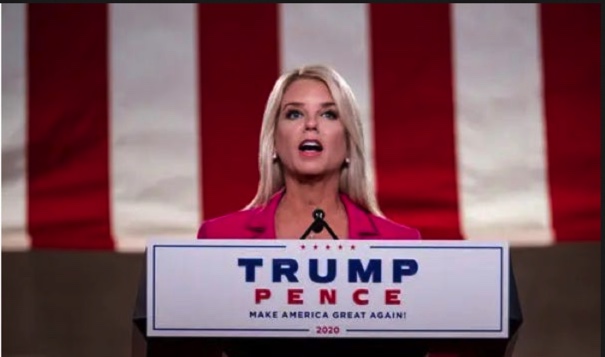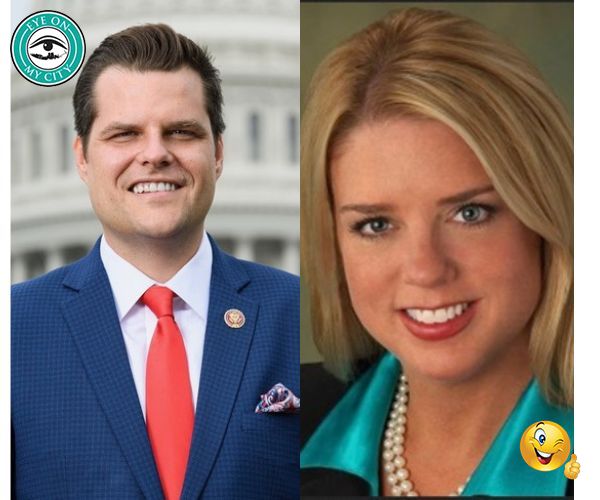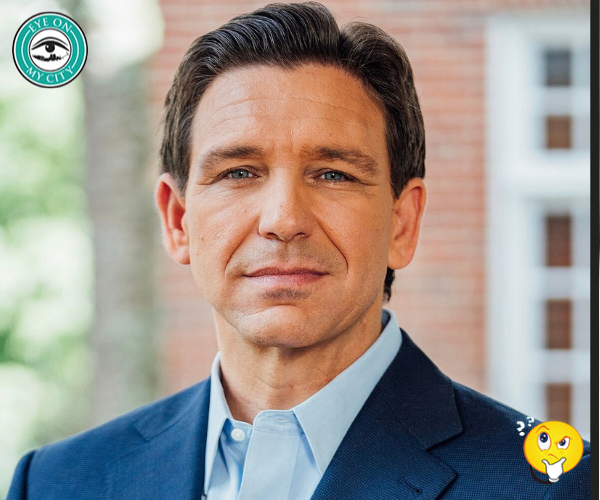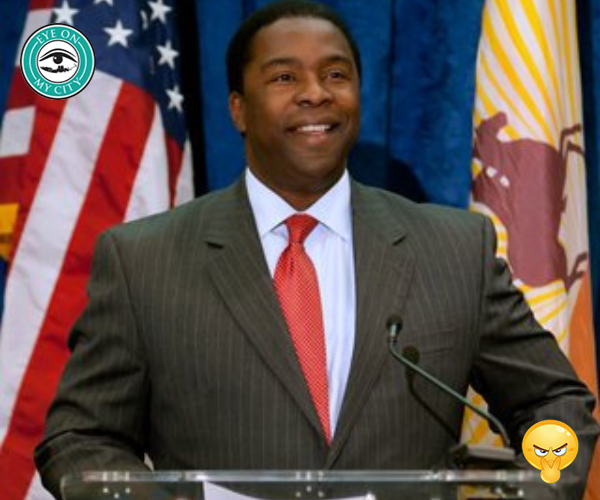The New York Times ran a near-gloating story headlined, “Trump Picks Pam Bondi for Attorney General After Matt Gaetz Withdraws.” It all happened yesterday. In one day! It was more like about four hours. Suddenly, Matt Gaetz was out, and Bondi was in. A Florida native and a local favorite state Attorney General from back in the day, Pamela Bondi was on nobody’s radar. She sailed in out of the clear blue political sky.

After Gaetz, Senators cannot complain about Florida’s former Attorney General’s qualifications. It pains me terrifically to say, “I told you so,” but I was not surprised to see Matt Gaetz vanish from the scene just as he seemed to be getting traction. It sure looks like a lot is happening behind the scenes.
In the first example, late on Wednesday night (reportedly, at midnight), Trump closed a deal with Senate Democrats that nobody even knew was happening. The Democrats unbelievably agreed to give Trump four key federal judicial nominations. A few hours later, yesterday morning, Matt Gaetz withdrew. Since there’s so much deal-making happening out of sight, the two events could easily be unrelated, but it makes you think.
So what did Trump trade for four incredibly valuable judicial nominations?
Fox ran the story yesterday headlined, “Senate showdown: GOP secures deal with Schumer to save coveted appellate judges for Trump.”
The sub-headline added more: “Senate Democrats, Republicans struck a midnight deal that would secure 4 crucial appellate court judge nominations for the president-elect.”
Fox described how the deal went down. Republicans have been working hard to slow or stop all judicial nominations until after Trump’s inauguration. At the same time, the Democrats have been trying to ram their woke judges through in a last-minute rush. In a very Trump-like haggle, Republicans “traded” four district court nominations to Democrats in exchange for four Circuit Court of Appeals judges reserved for Republicans.
It’s bipartisanship! Already.
As I’ve said before, let the man work.
Second of all, an odd discussion arose yesterday: maybe Gaetz never actually quit. Gaetz’s resignation letter did effect his immediate resignation from the current 118th Congress. But Gaetz was also just elected to the 119th Congress.
Folks are focusing on his letter, in which Gaetz stated, “I do not intend to take the oath of office for the same office in the 119th Congress.” Yesterday, commenters wondered whether Gaetz’s lack of intention to take the oath is binding. Could he yet change his intention? Could Matt just show up, and take the oath anyway?
In other words, saying one doesn’t intend to do something is not quite as definitive as saying one will not do something. In fact, behind the words “I don’t intend” lies a parenthetical “(but I just might).” I would never accept, for example, a contract saying the other party intended to pay my client for their business.
You never know what might happen.










